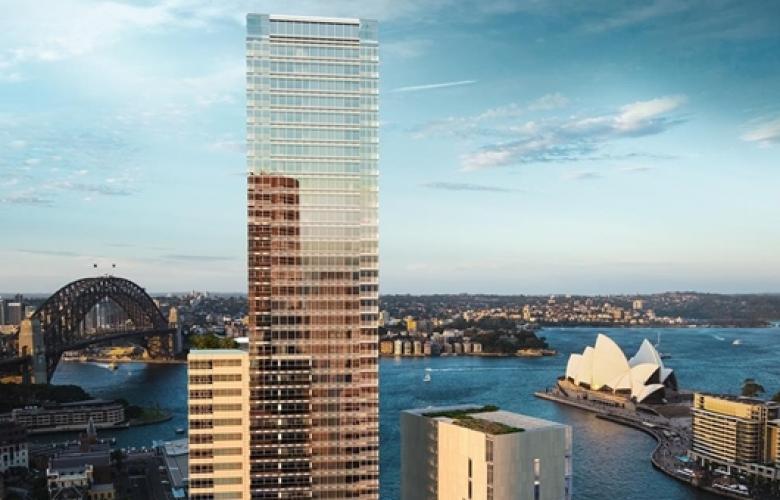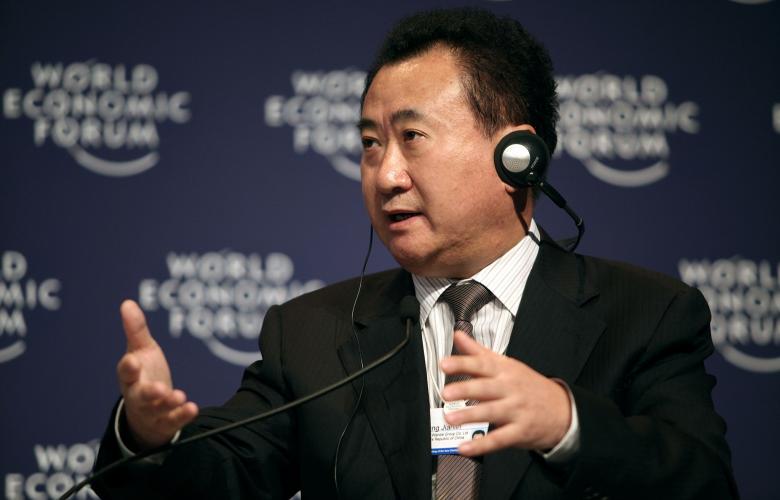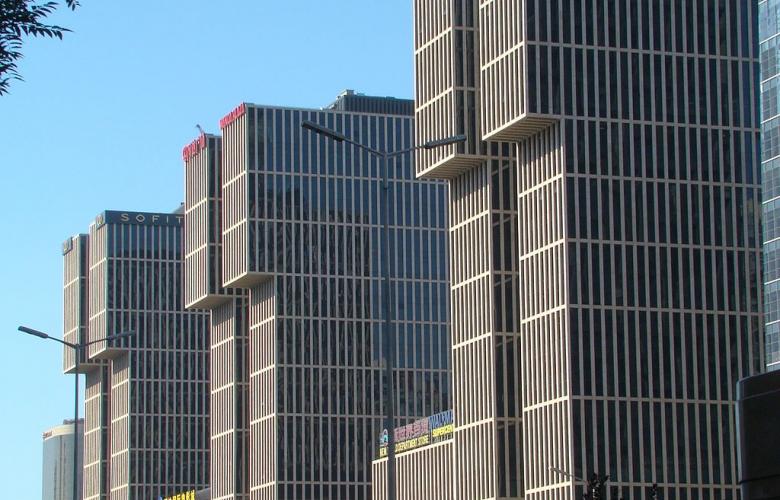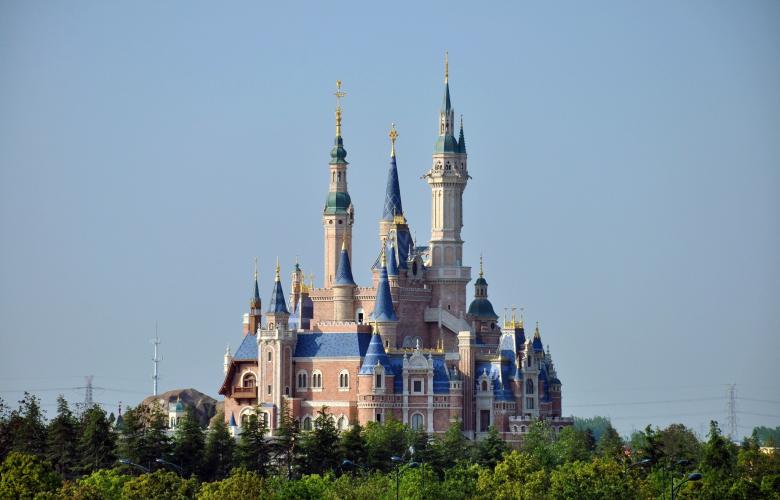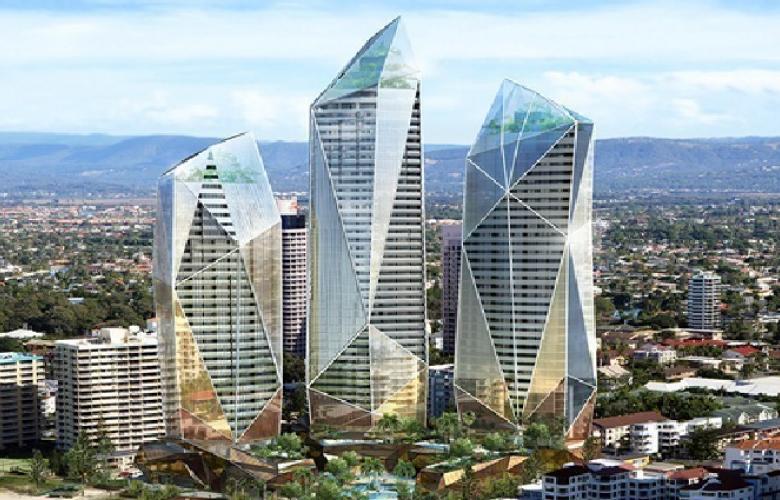A spree of offshore acquisitions has Beijing concerned about the risk to the Chinese banking system and subsequent downward pressure on its currency. In an effort to avoid replicating the Japanese economic collapse of the 1980s and 1990s, Beijing is focusing on whether companies such as Dalian Wanda Group have overpaid for foreign assets. Other private companies targeted by Beijing include the HNA Group, which owns 13 per cent of Virgin Australia; Fosun Group, focused on European acquisitions and Australian apartment developments; and Anbang Insurance, which owns New York's Waldorf Astoria Hotel.
According to Dealogic, Chinese investors announced outbound deals were worth a record US$219 billion in 2016. In the first half of this year they nearly halved to US$64.2 billion.
Wanda, controlled by one of China's richest men, Wang Jianlin, had embarked on an ambitious expansion into Australia, worth nearly A$2 billion. However, as reported in The Wall Street Journal and Reuters, banks have been ordered to stop providing funding to Wanda's offshore acquisitions.
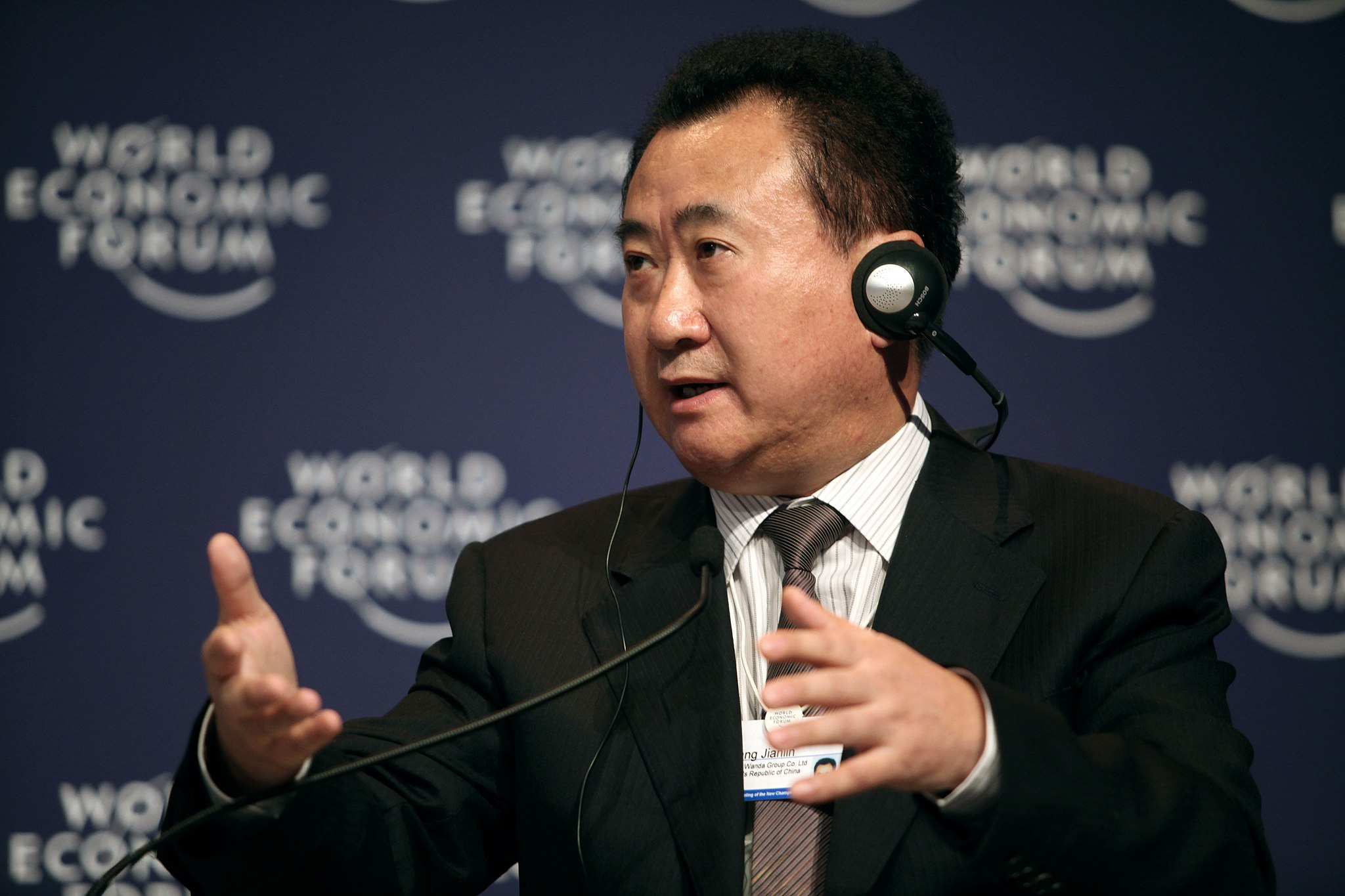
Wang Jianlin, China's richest man and founder of Dalian Wanda Group
Under pressure from Beijing, speculation has mounted this week that Wanda may be the first of mainland China's companies to withdraw from Australia. The Australian Financial Review (AFR) reported earlier in the week that discussions were underway in Hong Kong for the sale of Wanda's A$1 billion Circular Quay tower in Sydney and its A$900 million Jewel resort on the Gold Coast. In January 2015, Wanda paid A$415 million for Gold Fields House at Circular Quay with sweeping views of the Harbour Bridge and Opera House.
Dalian Wanda Group initially told the AFR it "denied it is fielding offers for its two giant development projects in Australia, although sources have maintained a deal could still be reached for part of the assets". However, on Thursday 10 August the AFR reported that Wanda would sell a 60 per cent interest in its Sydney and Gold Coast developments to a separate company controlled by Wang Jianlin - a move which is being seen as a first step towards offloading the assets. According to a source, a number of parties are interested in the Australian properties, including a European pension fund, in a deal which could be worth up to A$270 million.
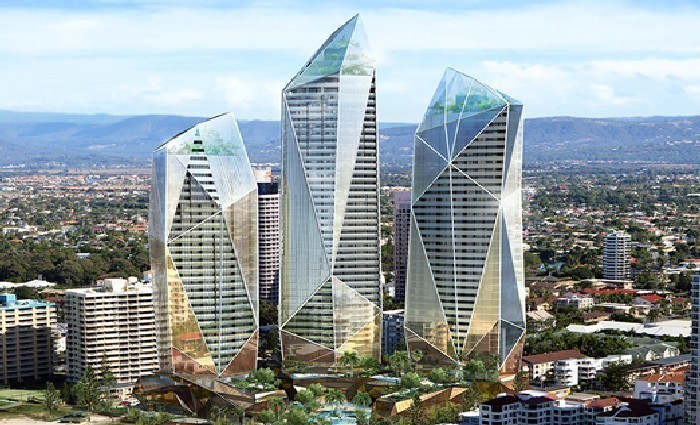
Artist's impression of The Wanda Group's Jewel development at the Gold Coast - Source: Wanda Group
Separately, Wang Jianlin outlined a plan to move the company toward "asset light" operations in an interview with business magazine Caixin. "The group's debt-asset ratio will drop dramatically," he said. Other global assets which Wanda are reportedly looking to sell include developments in Chicago and London as well as in China.
At home, Dalian Wanda has sold 76 of its hotels in China for 33.6 billion yuan (A$4.94 billion) and 91 per cent of its stake in 13 cultural and tourism projects for 29.58 billion yuan (A$4.35 billion) to Sunac, a Tianjin-based property developer. To finance this, Wanda is lending nearly half to Sunac. Wanda will secure a three-year bank loan of 29.6 billion yuan (A$4.36 billion) and lend that to Sunac. Sunac will then use that money to pay Wanda the remainder to take ownership of the properties, according to a stock exchange filing. Sunac will have ownership, but Wanda will still manage and operate the properties that remain under its brand — and be paid management fees from Sunac.
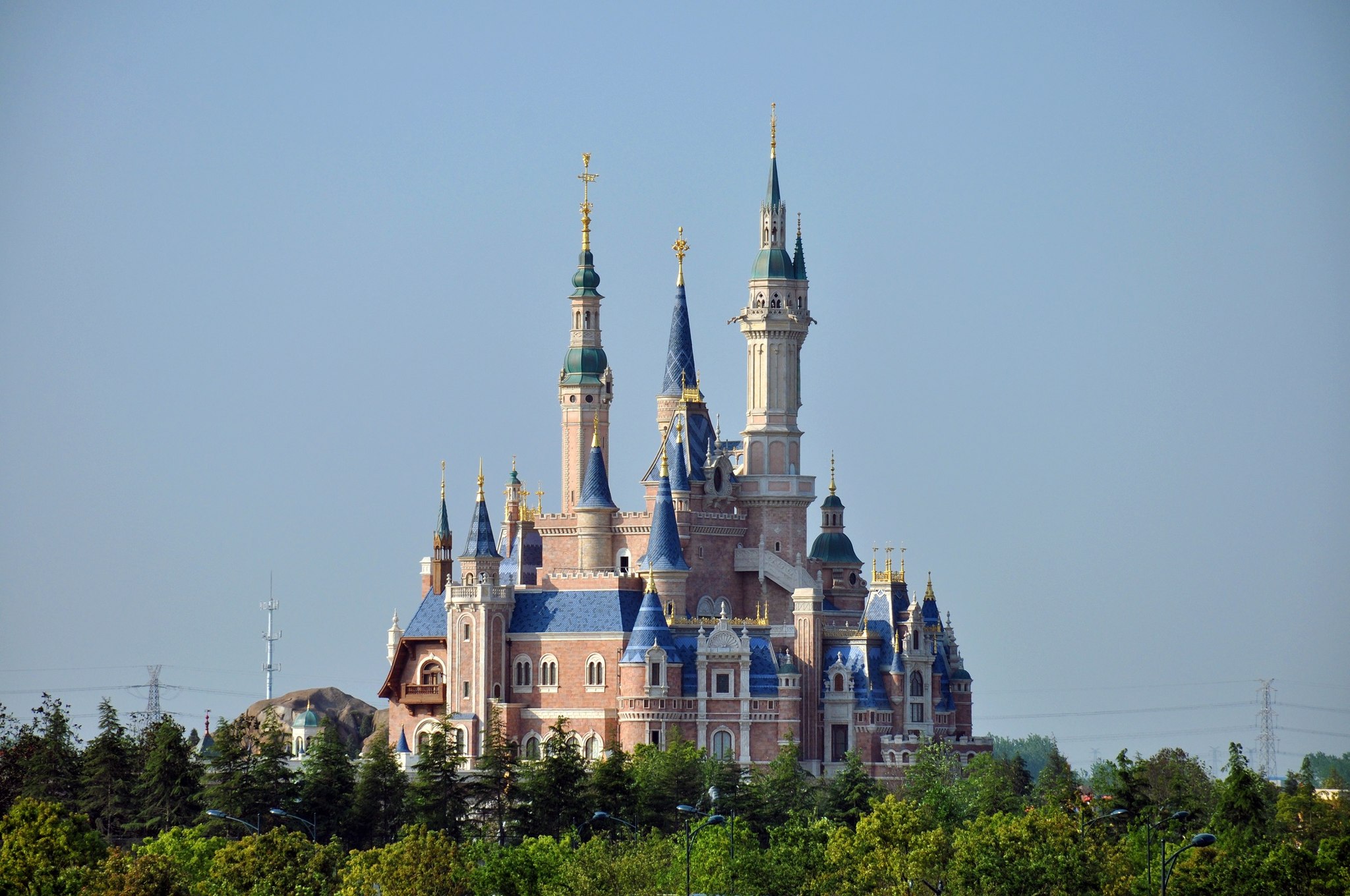
Enchanted Storybook Castle of Shanghai Disneyland
The theme parks will remain under the Wanda brand and continue to be managed and operated by Dalian Wanda. In 2015, Wang told CNBC that he is confident Dalian Wanda can defeat Shanghai Disneyland and Universal Studios Beijing. "At Wanda I always say we want to ensure Disney is not profitable for 10 to 20 years in this business segment in China", he said.
Following on from announcements such as the restructuring of Wanda's assets, Beijing's focus is likely to shift to smaller private companies state-owned enterprises and their exposure to foreign debt in particular. However, Fraser Howie, an independent financial analyst and co-author of Red Capitalism: The Fragile Financial Foundations of China's Extraordinary Rise says "there's too much money in China and not enough opportunities so the driver is there. There will be deals done but they will be more scrutinised, smaller, focused and less random."
To contact the Wanda Group email via the button below.
Similar to this:



